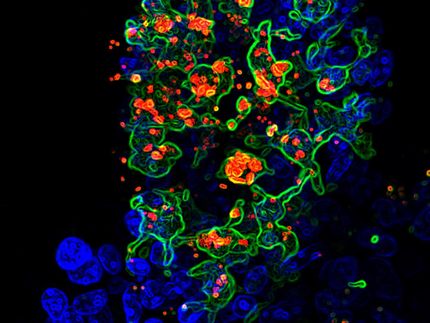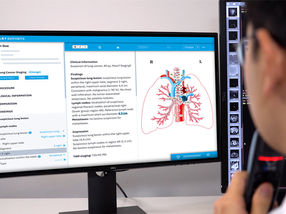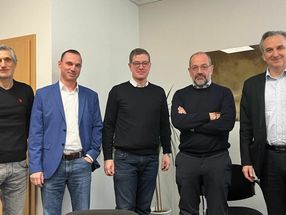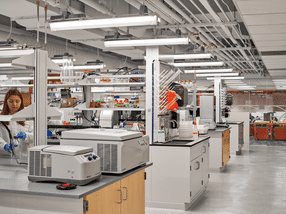enGene raises CAD 13.5 million to develop intestinal gene delivery platform
enGene Inc. announced the closing of a $13.5 million Series B investment round led by Forbion Capital Partners, with participation of new investors Québec’s Fonds de solidarité FTQ and Pharmstandard International S.A.. Existing investor Lumira Capital via its Merck Lumira Biosciences Fund, which led the Series A round in 2013, also participated.
enGene Inc. is a biotechnology company that focuses on the discovery and development of novel DNA-based therapeutics using its proprietary delivery platform. It has developed a robust carrier for delivery of DNA or RNA to the gut, effectively turning the gut into a protein factory. enGene is initially applying its unique platform technology to deliver immune-modulating biologics to the intestine and has demonstrated efficacy as a mucosal immunotherapy in several animal models for autoimmune diseases including, inflammatory bowel disease (IBD) and Type 1 diabetes. enGene’s gene delivery technology for the gut is highly efficient, non-toxic and it can be dosed repeatedly by enema or formulated as an orally available solid dosage form.
Proceeds from the series B financing round will be used to advance enGene’s lead product, EG-12, into phase I/II clinical trials. EG-12 consists of a unique carrier-DNA complex that provides gut-localized expression of IL-10 being developed for the treatment of ulcerative colitis (UC). IL-10 is an anti-inflammatory cytokine and individuals with genetic defects within the IL-10 signaling pathway suffer from severe early-onset inflammation of the gut. In addition, enGene will finalize the oral formulation of its carrier to create a “gene pill” that can be used to turn the gut into an endogenous production site for a wide range of systemically available therapeutic proteins that currently have to be administered by injection or infusion.
Most read news
Other news from the department business & finance

Get the life science industry in your inbox
From now on, don't miss a thing: Our newsletter for biotechnology, pharma and life sciences brings you up to date every Tuesday and Thursday. The latest industry news, product highlights and innovations - compact and easy to understand in your inbox. Researched by us so you don't have to.
























































